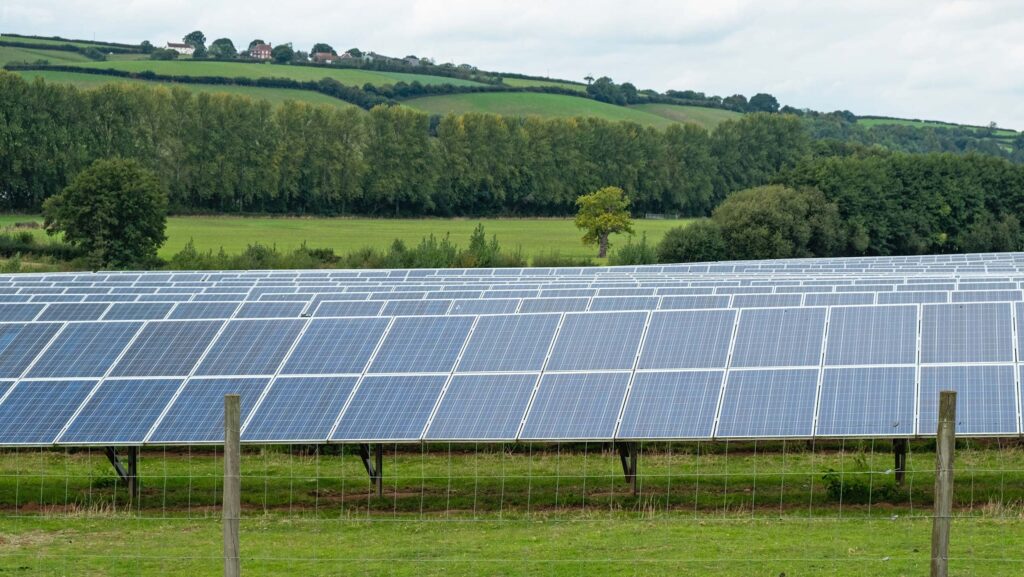National Land Use Strategy further delayed until next year
 © Adobe Stock
© Adobe Stock The government’s long-awaited Land Use Strategy is set to be pushed back again until at least early 2025.
On 26 November, Defra’s parliamentary under-secretary of state, Baroness Hayman of Ullock, told the House of Lords: “We expect the green paper to be published for consultation in the new year and I urge all noble lords to read it and take part in the consultation.”
The green paper outlining Defra’s initial proposals should help to provide a bellwether on how seriously the government views food production in relation to other environmental, housing, and solar targets.
See also: Food production threatened by competing land use demands
A land use framework has been in the pipeline for several years and formed one of the recommendations in the government-commissioned National Food Strategy by Henry Dimbleby.
It was due to be published under the previous government earlier this year, but fell by the wayside as a result of the general election.
The current Labour government had then expected to publish it before the end of 2024.
However, it has since been delayed again, with some speculation of an ongoing ‘turf war’ between Defra and the Department for Energy, Security and Net Zero (DESNZ) on what should be included in the framework.
Industry consultation
Industry groups are expected to be able to provide feedback on the green paper once it has been published next year.
Baroness Hayman said they intended to engage with a very broad range of respondents in order to have meaningful co-design as part of the consultation and the development of the framework.
“My Lords, the government recognise that food security is national security,” she told the House of Lords.
“We will champion British farming and protect the environment, and we are committed to maintaining strong protections on agricultural land to ensure that our mission to deliver clean power will not come at a cost to food production or security.”
Solar farms
Concerns over the volume and quality of land being taken out of food production for solar projects remains a major sticking point in the Land Use Strategy, especially after several large solar sites were approved by the Labour government in the East of England this summer.
A question was raised by Lord Fuller in the House of Lords on what steps the government is taking to safeguard the overall quantity of agricultural land for food production in the light of recent proposals for solar farms.
Baroness Hayman responded that Defra was confident that the rollout of ground-mounted solar would not affect UK food security.
Lord Fuller added: “My Lords, you cannot eat a solar panel, yet very soon, a large proportion of our most productive and versatile farmland could be covered by them.
“The government has simply lost control of the stampede to take our best land out of production and lock it away for a whole generation in an unthinking dash for solar.”
Farmers Weekly understands that an amendment is due to be tabled in the House of Lords in the coming months to restrict the grades of land that arm’s-length body GB Energy will be able to purchase and use for solar projects.
Lord Fuller said: “My amendments seek to stop the stampede and explicitly preserve the best Grade 1, 2 and 3 farmland for food production.”
